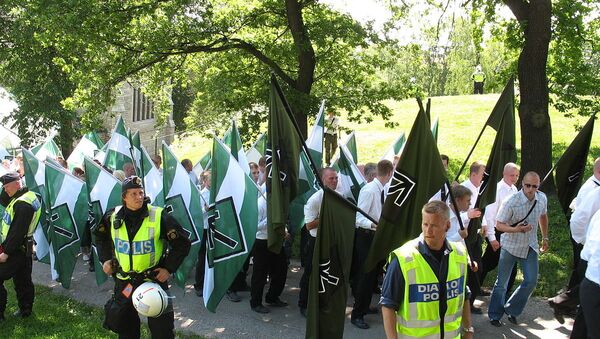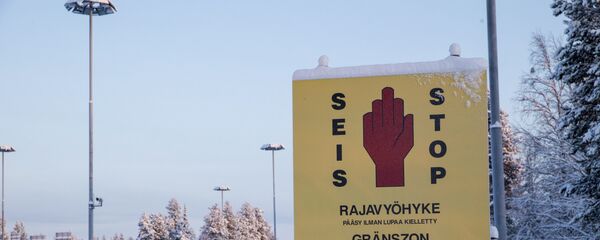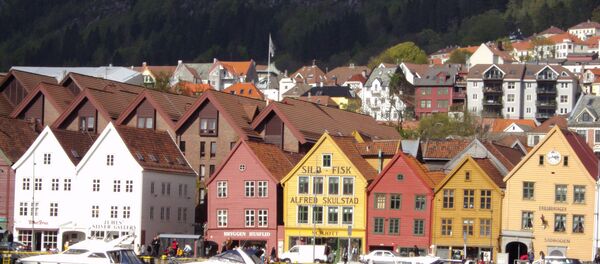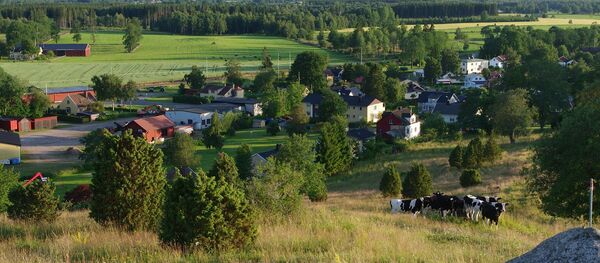"Of course, one reason is that the climate for discussion in Finland has changed. We are more likely to say anything at all. And this creates a foundation for moving from speech to action," Enqvist explained. "Naturally, the arrival of a large number of asylum seekers last year has intensified the public discussion. It seems that the social climate is now encouraging for this type of crime," he added.
Since Finland's criminal code offers no definition between hate crimes and racially-motivated crimes, police have to resort to scientific explanations. A hate crime is therefore defined based on the motive, which is hatred of the victim's ethnic or national background, religious convictions, sexual orientation, gender identity, gender 'expression', or disability.
Enqvist pointed out the large number of potential victims in these areas as the reason for the statistical jump. He also added that the threshold for hate speech and hate crimes in municipalities with accommodation centers is low.
At present, a vast majority of hate crimes remain unreported, but Finnish police are working to develop relations with minority groups that may become potential victims of hate crimes in an attempt to get a more accurate picture of the phenomenon.
Earlier this month, a 28-year-old anti-Nazi protester was killed in a street fight by a founding member of the Finnish branch of the Nordic Resistance Movement. The deadly scuffle took place during a demonstration in Helsinki after two Iraqi asylum seekers were arrested for murder and robbery in Kajaani, northern Finland, after an elderly Finn there was killed by burglars in his home.
Prime Minister Juha Sipilä said that it was important to thoroughly review the legality of far-right organizations that embrace violence. He added that if necessary, the law would be revised. Sipilä also called for a review to determine whether or not Finnish legislation is up to date on dealing with hate-motivated speech and actions.
Tuomas Portaankorva, the head of the Finnish Security Intelligence Service, Supo, retorted, however, that right-wing extremism posed no direct threat to Finnish security.
According to Mikael Brunila, a journalist and expert on extremism, Finnish neo-Nazis are few and far between, yet receive disproportionate media attention. According to his calculations, there are no more than 50-60 active neo-Nazis in the nation of 5.4 million, Finnish newspaper Hufvudstadsbladet reported.





